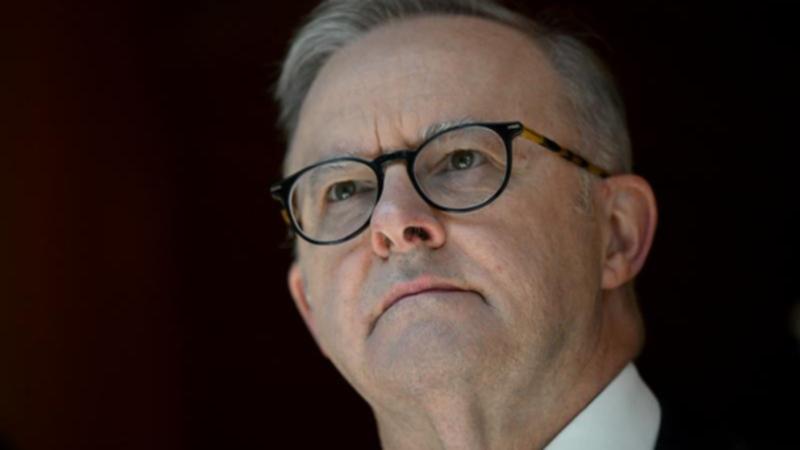Anthony Albanese announces Australia will ban social media for under-16s in world first
Under 16s will be banned from social media in a world-first move Anthony Albanese hopes will protect children from online harms.

Australia will impose a minimum social media age of 16 in a world-first move, with the Government putting the onus on tech companies to protect children from online harms.
The age limit of 16, once passed by Parliament, would be stricter than the current minimum age of 14 held by platforms Instagram, TikTok and Facebook.
Those companies, as well as X, are set to be captured in the legislation; with YouTube likely to fall into the cohort as well.
Sign up to The Nightly's newsletters.
Get the first look at the digital newspaper, curated daily stories and breaking headlines delivered to your inbox.
By continuing you agree to our Terms and Privacy Policy.Prime Minister Anthony Albanese will convene a special national cabinet meeting on Friday, where he will ask states and territories to support the proposal his cabinet endorsed earlier this week.
But, the Government is prepared to forge ahead with introducing legislation even if Mr Albanese doesn’t get national cabinet’s approval.
Mr Albanese said he was “calling time” on the harms social media was doing to kids.
“I’ve spoken to thousands of parents, grandparents, aunties and uncles. They, like me, are worried sick about the safety of our kids online, and I want Australian parents and families to know that the Government has your back,” he said.
“I want parents to be able to say, ‘Sorry mate, that’s against the law for me to get you to do this’.”
Communications Minister Michelle Rowland said social media companies had been consulted on the plan, and would be given a one-year grace period after legislation is passed before they have to abide by the laws.
“We’ve consulted widely with experts, with parents, with youth organisations, with advocacy groups, with academics and, of course, our state and territory colleagues,” she said.
Mr Albanese said no exemptions will be granted, even if they have parental consent to be online - but conceded the ban won’t keep every child off social media in the same way underage drinking occurs.
“We don’t pretend that you can get a 100 per cent outcome here,” he said.
“And yes, people have to produce ID, but I bet this weekend I wouldn’t be surprised if somewhere in Australia, someone who is under 18, it is possible that they might get access to some alcohol.”
Ms Rowland said there would be penalties for platforms who don’t abide by the laws, and that the eSafety Commissioner would have responsibility for enforcement.
Asked why the Government had ultimately opted to ban social media rather than focus on educating children to navigate social media - like teaching children to swim - Mr Albanese said this was different.
“That assumes an equal power relationship.... I get things popping up on my social media tat I don’t want to see, let alone a vulnerable 14-year-old,” he said.
“These tech companies are incredibly powerful... The fact is that young women see images of particular body shapes that have a real impact, and some of the misogynistic material that young men get sent - not because they asked for it - but if you’re a 14-year-old kid getting this stuff, at a time where you’re going through life’s changes and maturing, it can be a really difficult time.”

